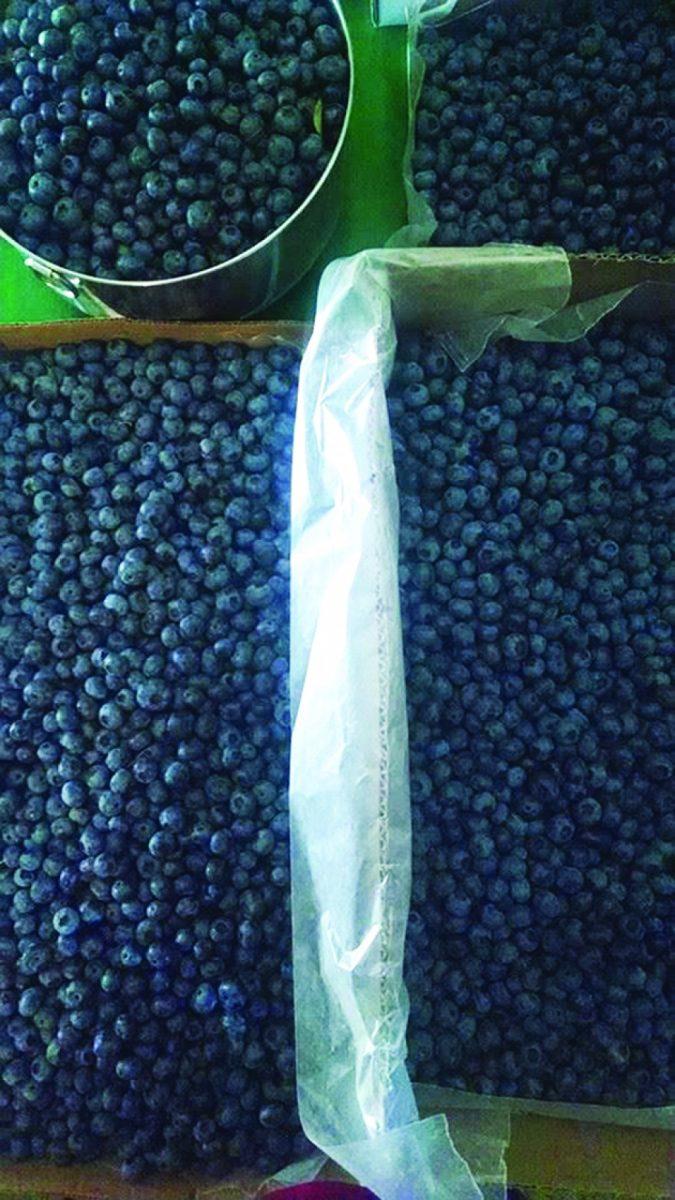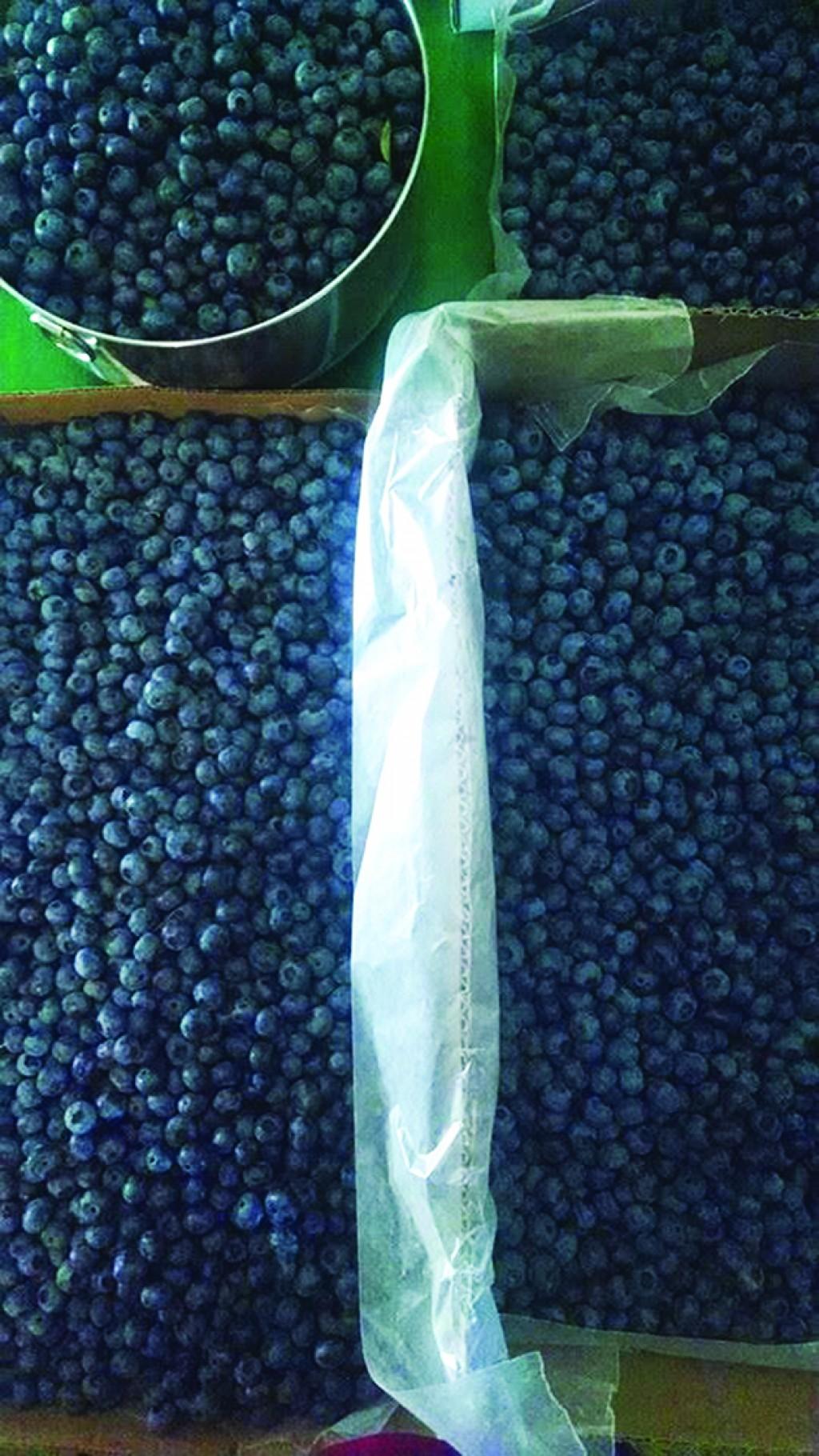Jason McCoy, senior electrical engineering major, was working at a sandwich shop when a friend approached him about breaking away from a seemingly conventional summer in College Station, and instead work on a self-sufficient farm. McCoy, intrigued by the idea, did some research, packed his bags and traveled off to spend the rest of the summer in Colorado.
McCoy joins other A&M students who have spent their summers and breaks participating in the non-profit organization, Worldwide Opportunities on Organic Farms, or WWOOF, an international volunteer opportunity that directly links people of all ages to organic farmers in exchange for room and board.
Dr. Joseph Masabni, extension vegetable specialist in the Department of Horticultural Sciences, said he first heard about the organization when he visited a farmer in Elgin, Texas, who runs an organic farm that houses volunteers. Masabni said that as interest in organic farming rises, organizations like WWOOF offer an opportunity to travel to a new country or state, experience a new culture and learn a skill in the field of a student’s interest.
“I know that the interest in organic production has been steadily increasing in terms of number of new farms and acreage size in organic production,” Masabni said. “If you are willing to live abroad, willing to work hard in exchange for room and food and to learn a new skill in organic production, then WWOOFing is for you.”
McCoy said he has wanted to run a farm for awhile and is taking the “When in Rome” approach to his experience as a volunteer.
“It’ll be exciting,” McCoy said. “It’ll be a chance to see what it’s like to be part of the large enough farm to sustain a population. We have some friends that are starting to get into permaculture and I think that would be really cool. And wherever I end up in the world, I plan to set up a permaculture farm.”
Laura Espinosa, senior nutritional science major, spent the summer of 2013 closer to home, volunteering in Bastrop County, Texas, an area that was severely devastated by wildfires in 2011. Espinosa said the farm she stayed at was located near Bastrop State Park.
“The volunteers and I took a drive down the forest and it was such a touching experience to see how everything had been burned,” Espinosa said. “The trees were all burned, they were still standing. That was when we bonded because we went out and picked berries. I don’t know but I thought it was cool that berries were growing, everywhere. Like life is starting to renew. That was the most beautiful spot for me. It was like a beautiful disaster.”
She said her time working on the land taught her more directly about her major. Espinosa said one of her jobs was to work in the kitchen where she prepared primarily raw and vegetarian dishes.
“My entire major is about food, so learning about farming and agriculture was an influential part,” Espinosa said.
Espinosa said she used her time on the farm to cultivate a daily routine of an hour of yoga each morning, smoothies freshly picked from the harvest, work for six hours and then refresh with a clay bath at the end of the day.
“I was really into the healthy routine,” Espinosa said. “Our shifts would end at six and he has a private lake so we’d all jump into the water and take a clay bath.We would put clay on our faces — it was a completely invigorating experience.”
Espinosa said during her experience she was able to learn about living a life of service and how to share a commonality with others.
“Sharing with the volunteers really made it tie it together,” Espinosa said. “Before we were picking berries, we went to a lake. It’s a state park. There was only five of us and we sat down and completely bonded. Even though we were all from different places, two of them were from New Jersey. One was living in Guatemala, and we all sort of bonded and sat there with instruments and sort of making music together. I think that was probably my favorite moment because it was so peaceful, and even though they were strangers there was still something to bond over.”
Elaina Carter, Class of 2011 is volunteering at Twin Brooks, Permaculture Farm in Lewis County, Washington.
Carter, who is volunteering with her husband, said going through the organization was a feasible way to travel on a budget and learn sustainability as a novice farmer.
“I went because my husband was into it and it’s a cheap way to travel,” Carter said. “It’s just an awesome way to travel because most of your expenses are paid and you could learn how to do your own farming which is what we want in our future.”
Carter said she spends her days graffting and “crepping” trees — a method of reproduction and conservation — and harvesting a variety of fruit, including 80 pounds of blueberries a day.
Carter said farming has demonstrated to she and her husband how to see life from a holistic point of view.
“It’s cool to see the stuff that we’ve planted and see it becoming big and full of life and actually eating it,” Carter said. It’s cool to see it actually happen.”
An organic summer
July 22, 2014
0
Donate to The Battalion
$2790
$5000
Contributed
Our Goal
Your donation will support the student journalists of Texas A&M University - College Station. Your contribution will allow us to purchase equipment and cover our annual website hosting costs, in addition to paying freelance staffers for their work, travel costs for coverage and more!
More to Discover











